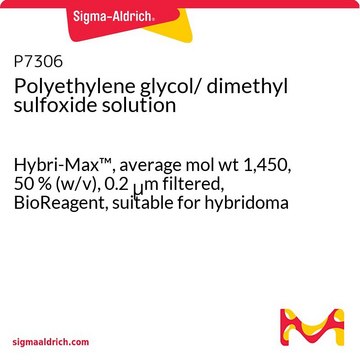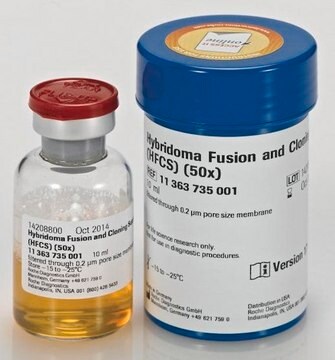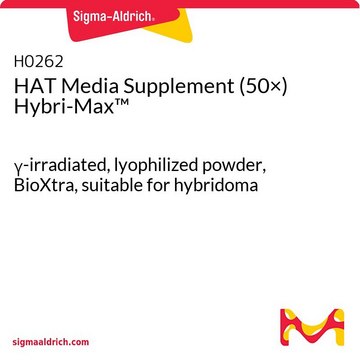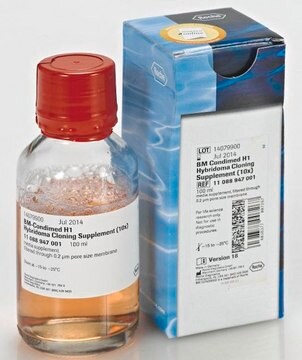10783641001
Roche
Polyethylene Glycol 1500
Mr ~1500, pkg of 10 × 4 mL, solution
Synonym(s):
Poly(ethylene glycol), peg 1500, PEG
About This Item
Recommended Products
form
solution
mol wt
Mr ~1500
packaging
pkg of 10 × 4 mL
manufacturer/tradename
Roche
storage temp.
2-8°C
SMILES string
C(CO)O
InChI
1S/C2H6O2/c3-1-2-4/h3-4H,1-2H2
InChI key
LYCAIKOWRPUZTN-UHFFFAOYSA-N
Looking for similar products? Visit Product Comparison Guide
General description
Application
Physical form
Other Notes
Storage Class Code
12 - Non Combustible Liquids
WGK
WGK 1
Flash Point(F)
does not flash
Flash Point(C)
does not flash
Choose from one of the most recent versions:
Already Own This Product?
Find documentation for the products that you have recently purchased in the Document Library.
Customers Also Viewed
Related Content
Polyethylene glycol (PEG), also sometimes referred to as polyethylene oxide (PEO), is a condensation polymer of ethylene oxide and water that has several chemical properties that make it useful for biological, chemical and pharmaceutical applications.
Our team of scientists has experience in all areas of research including Life Science, Material Science, Chemical Synthesis, Chromatography, Analytical and many others.
Contact Technical Service






